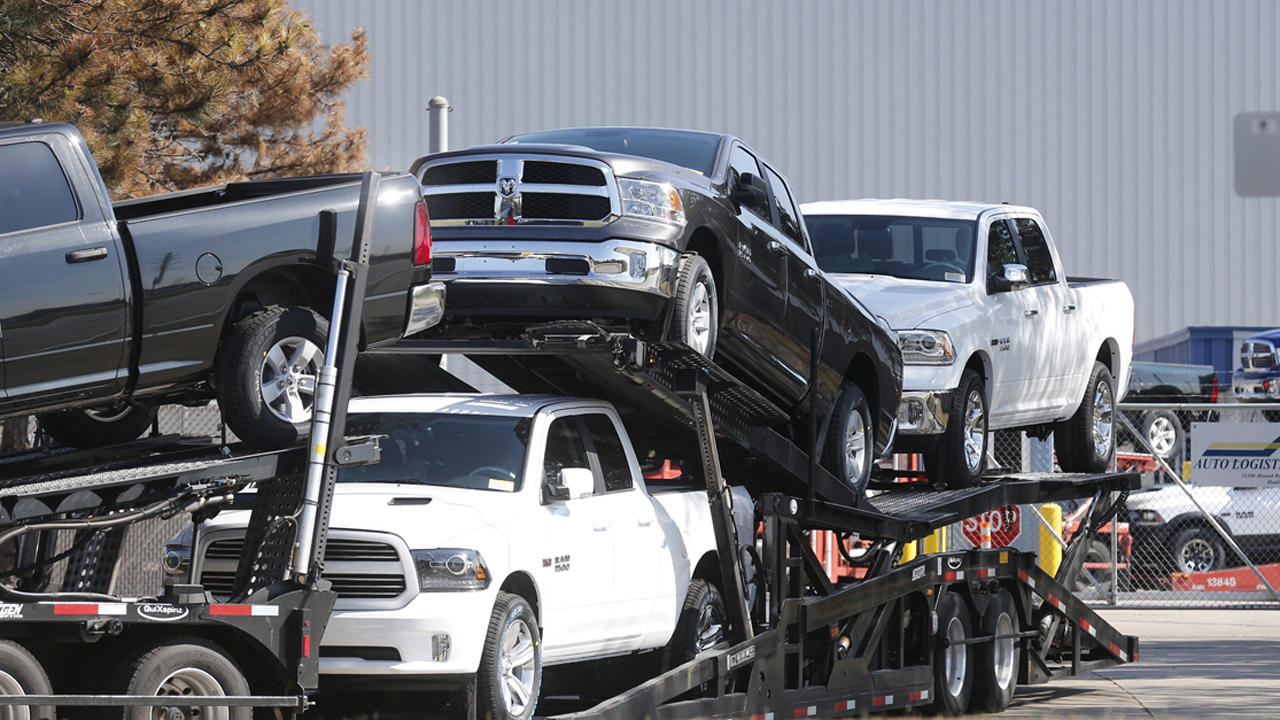The Next Subprime Crisis Could be in Autos
The next sub-prime crisis could be lurking in the auto sector.
Gary Kaltbaum, president of Kaltbaum Capital Management, told FOX Business Network's Neil Cavuto on Cavuto Coast-to-Coast that easy money is to blame for increasingly easy lending policies.
“Incentives are at the highest ever, leasing last month was at the highest ever, and that is [companies] trying to keep the numbers up, and that’s where they lower the bar on lending down to the ground,” he said.
Kaltbaum said the losses are likely to hit the bond holders the hardest.
“If we get a bad economic scenario, I think all heck can break loose because lenders have gone too far trying to get people in who should not get the products they’re buying,” he said.
Indeed , Fitch Ratings service said in an end-of-February press release that delinquencies on subprime auto asset-backed securities (ABS) have reached levels not seen since 2009.
Fitch cited data that showed delinquencies of 60 days or longer hit 4.98% in the first month of 2016 – the highest level since September 2009, up 6% from December, and 4.8% higher than the same period in 2015.
“Weaker performance in the subprime sector is being driven mainly by weaker credit quality present in the 2013-2015 securitized pools, along with marginally lower used vehicle values,” Hylton Heard, senior director at Fitch Ratings, said in the release.
To that point, TransUnion data showed there were 1.21 million more subprime borrowers with auto loan accounts compared to 2014.
Ezra Becker, VP or research and consulting in the financial services business unit of TransUnion, said in a statement that lower energy and oil prices likely are playing a larger role in the rates of delinquencies among auto-sector borrowers.
“Lower energy prices and the resulting job losses in the energy-dependent markets have played some role in delinquency rates,” he said. “Even so, that impact appears at this point to be localized and mild in terms of national effect.”




















